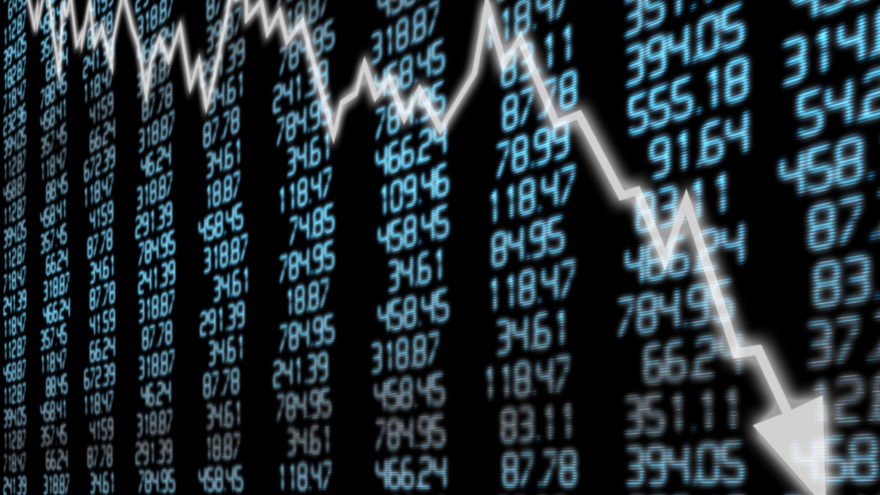Q: What does the bid and ask on a stock quote mean?
A: Not many investors know that there are three parties involved in a stock trade (1) the buyer, (2) the seller, and (3) the market maker. While investors understand the first two, not everyone knows or understands the important roles the market maker plays in stock trading. These include maintaining an orderly market and quoting stock prices.
Q: What is the bid price?
A: The bid price is the price the market maker quotes as the current willing buyer of shares. Therefore, the bid price is the price an investor receives when they sell a stock to this buyer. The bid price will be below the ask price. For example, an investor would like to sell 100 shares of Apple when the bid-ask quote is $100-$102 and the size of the order is 100 shares. If the investor placed an order to sell 100 shares at the market (or market price), then the order will execute at the bid price of $100.
Q: What is the ask price?
A: The ask price is the price the market maker quotes as the current willing seller of shares. Therefore, the ask price is the price an investor pays when they purchase a stock from this seller. The ask price will be above the bid price. For example, an investor would like to purchase 100 shares of Apple when the bid-ask quote is $100-$102 and the size of the order is 100 shares. If an investor placed an order to purchase 100 shares at the market (or market price), then the order will execute at the ask price of $102.
Q: What is the difference between the bid price and ask price?
A: The difference between the bid price and the ask price is referred to as the spread. The spread represents that amount of the market maker’s profit. Continuing our example from above, we can determine that the spread between the bid price and the ask price is $2 per share. Therefore, the market maker’s profit on the trade of 100 shares bought at $100 and then sold to someone else only moments after at $102 is $200. This is also the amount of money a customer could potentially lose when buying and selling often. The market maker is compensated for providing this liquidity while the customer pays for the benefit of her liquidity.
Read our Comprehensive Guide to Retirement Planning in New Jersey for helpful answers to common retirement questions.

